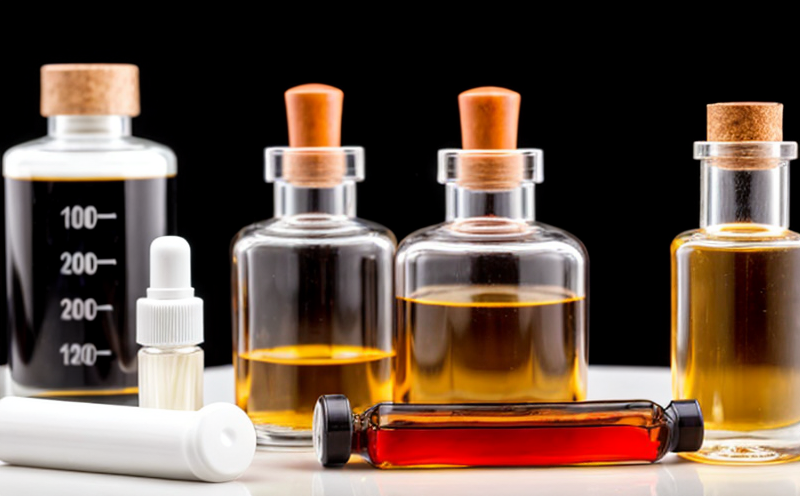Monoclonal Antibody Impurity Testing
In the pharmaceutical industry, ensuring the purity and quality of monoclonal antibodies (mAbs) is paramount. MAb impurity testing is a critical process that ensures the safety, efficacy, and regulatory compliance of biopharmaceutical products.
Impurities in mAbs can arise from various sources including manufacturing processes, host cells, or post-translational modifications. These impurities may include residual culture media components, host cell proteins (HCPs), DNA fragments, aggregates, and adventitious agents such as viruses. The presence of these contaminants can lead to adverse effects on the patient's health if not adequately controlled.
Advanced analytical techniques such as high-performance liquid chromatography (HPLC), capillary electrophoresis (CE), size-exclusion chromatography (SEC), and mass spectrometry (MS) are employed in impurity testing. These methods allow for the identification, quantification, and characterization of various types of impurities present in mAbs.
The testing process typically involves several steps: sample preparation, extraction of impurities, separation using chromatographic techniques or electrophoretic methods, detection by mass spectrometry or other analytical tools, and finally, data analysis. The results are then reported according to international standards such as ISO 17025 for laboratory accreditation.
Our team specializes in providing comprehensive impurity testing services tailored to meet the stringent requirements of pharmaceutical companies. We use state-of-the-art equipment and follow rigorous protocols to ensure accurate and reliable results. Our expertise lies not only in executing these tests but also in interpreting them within the broader context of drug development.
Understanding the complexity of mAb impurities requires a deep dive into their potential impacts on patient safety. For instance, HCPs could trigger immune responses leading to adverse reactions. DNA fragments might pose genetic risks if they introduce mutations during integration into host cells. Aggregates can affect drug stability and efficacy by altering its biological activity.
| Application Example | Description |
|---|---|
| Detection of HCPs in Biologics | Identifying and quantifying host cell proteins to ensure they do not exceed acceptable limits. |
| Analysis of Residual Culture Media Components | Evaluating the presence and levels of contaminants introduced during cultivation processes. |
| Characterization of DNA Fragments | Determining whether there are any trace amounts of DNA that could pose risks. |
| Assessment of Aggregate Formation | Evaluating the extent and nature of aggregates formed during production. |
Quality and Reliability Assurance
The reliability of mAb impurity testing is essential for maintaining high standards in biopharmaceutical manufacturing. Our laboratory adheres strictly to ISO 17025 guidelines which emphasize continuous quality improvement, proficiency testing, and traceability of results.
We employ a team of highly skilled scientists who are certified in relevant areas including chromatography, electrophoresis, and mass spectrometry. Regular calibration of instruments ensures precision and accuracy throughout the entire testing process. Moreover, our facilities undergo periodic audits to maintain compliance with regulatory bodies like FDA and EMA.
Our commitment extends beyond just conducting tests; it includes providing detailed reports that include raw data, method validation details, and interpretations aligned with current scientific knowledge. This approach helps stakeholders make informed decisions about product quality and safety.
- Data Integrity: Ensuring all data collected during testing is accurate and reliable.
- Method Validation: Validating analytical methods used to meet specific criteria ensuring reproducibility.
- Traceability: Maintaining a chain of custody for samples from collection through final analysis.
Environmental and Sustainability Contributions
Incorporating sustainability into our operations is another pillar of our commitment to excellence. By employing efficient testing procedures, we minimize waste generation and energy consumption without compromising on precision or reliability.
We have implemented several measures aimed at reducing our environmental footprint:
- Waste Reduction: Utilizing reagents that generate minimal by-products.
- Energy Efficiency: Optimizing laboratory equipment usage to reduce power consumption.
- Sustainable Practices: Partnering with suppliers who adhere to sustainable practices in their operations.





